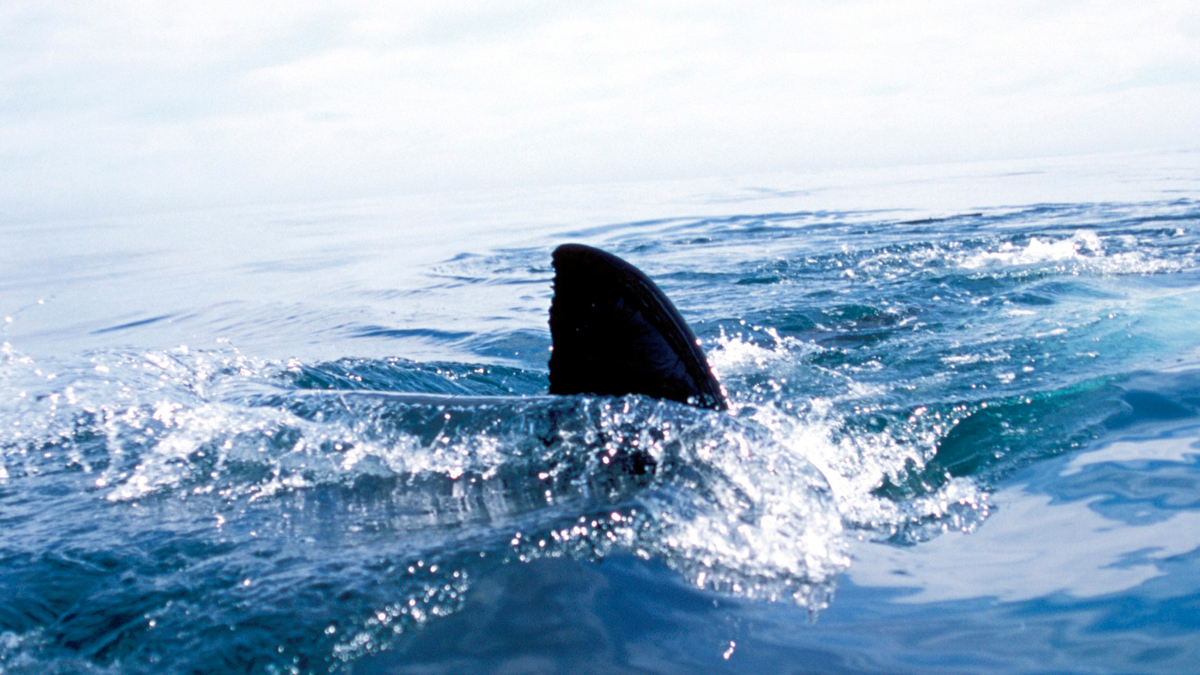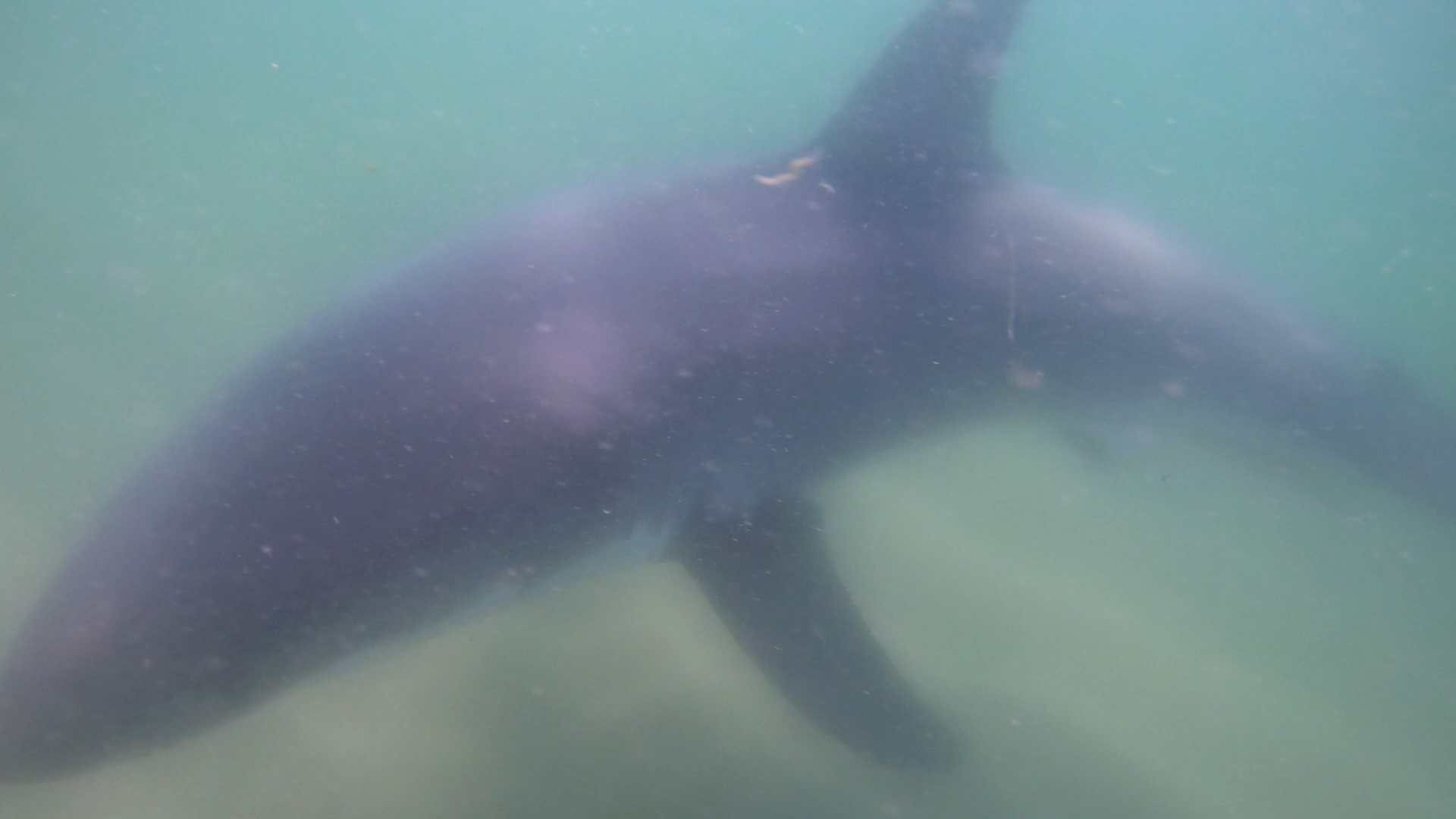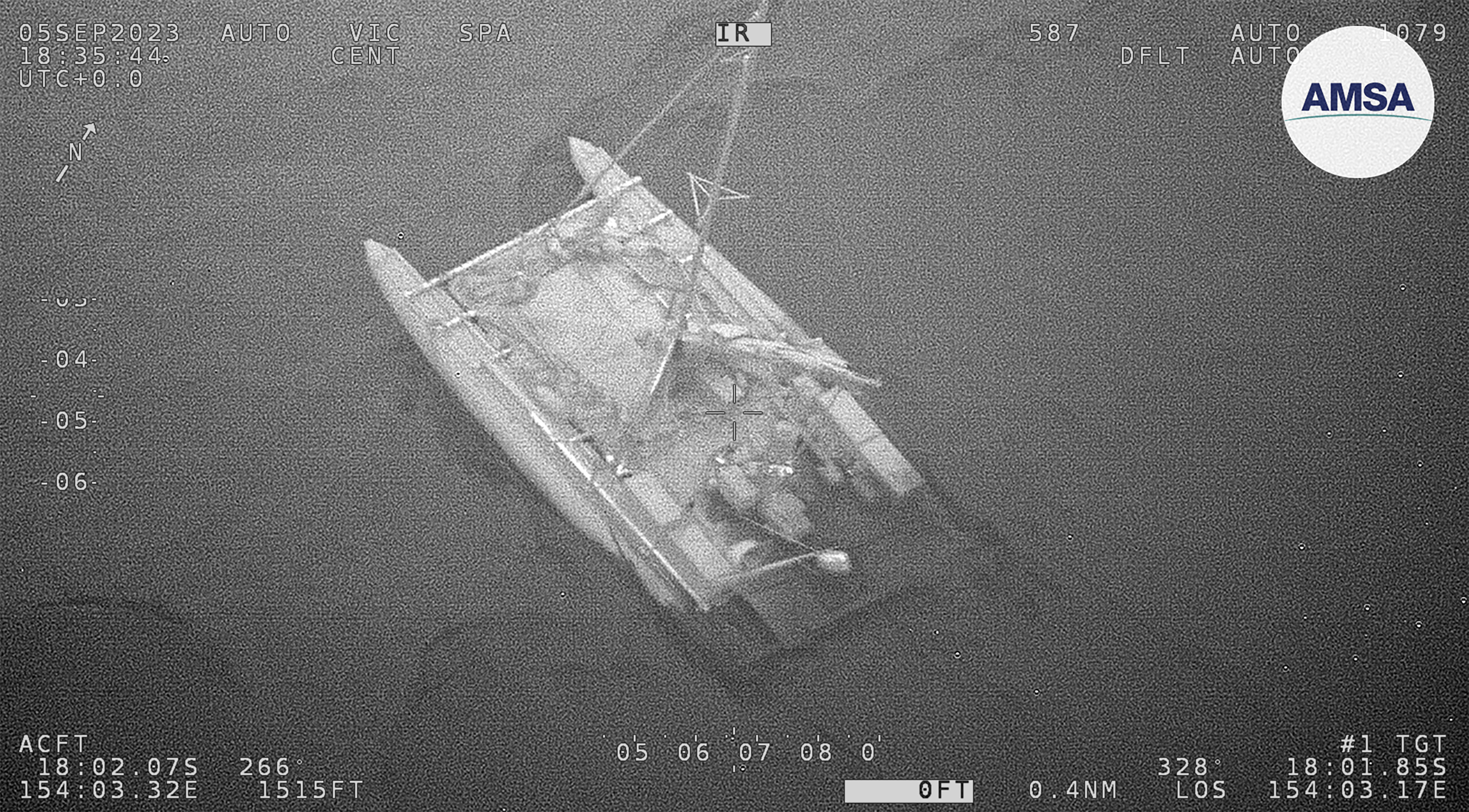A woman from Boston was killed by a shark while paddleboarding off a resort's beach in the Bahamas on Monday morning, police said.
The 44-year-old woman is believed to have been bitten on the right hip and arm about three-quarters of a mile off the coast near Sandals' resort in Nassau, Sandals Royal Bahamian, while with a male relative at about 11:15 a.m., Sgt. Desiree Ferguson of the Royal Bahamas Police Force said at a news conference Monday.
The woman had not been publicly identified as of Monday night.

Get Boston local news, weather forecasts, lifestyle and entertainment stories to your inbox. Sign up for NBC Boston’s newsletters.
A Sandals lifeguard took a boat to the scene of the shark attack and gave the woman CPR as she and the relative were brought to shore, but she had no signs of life and was pronounced dead. It wasn't immediately clear what kind of shark attacked her, a police representative told NBC News.
The woman was a guest at Sandals, a representative for the company said in a statement.
“We are deeply saddened by the tragic passing of a guest while on a paddleboarding activity nearly a mile from the shore. We wish to express our heartfelt condolences to the guest’s family and loved ones," the statement said. "We remain in close contact with them and are providing all support possible during this difficult time."
Ferguson didn't comment when asked about reports that the woman had gotten married this weekend.
"We extend our heartfelt condolences ... for this most unfortunate situation," she said at the news conference.
A shark scientist at the New England Aquarium tells NBC10 Boston that sharks are very common in the Bahamas.
“Shark diving and shark encounters are a big part of the economy, tourist economy down there, but these kinds of incidents are still very rare,” Dr. Nick Whitney added.
Whitney says the Bahamas have been a shark sanctuary for years.
“In most cases it seems to be mistaken identity,” he said. “Humans just happen to be unfortunate enough to be swimming in the water in a place where the shark was feeding on something else and the shark sort of accidentally bites the person or is investigating the person and uses their teeth to do that investigation.”




